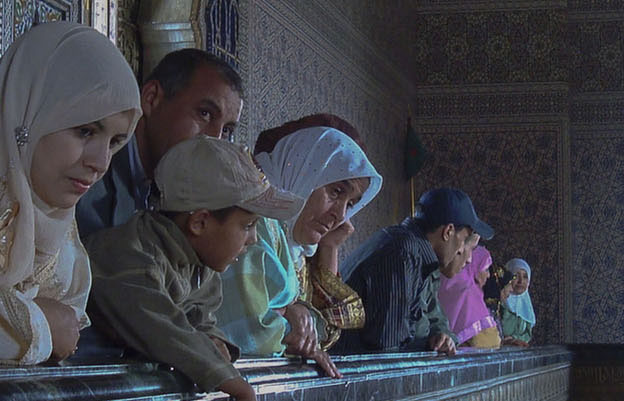King's college conference
During the first week of April, Karim Laaraj, coordinator of the spring semester and Arabic lecturer at NIMAR, attended the “2nd Arabic Language Teaching and Learning in UK Higher Education Conference” at King’s College in London. Presenters and attendees at the conference included many Arabic teachers and other professionals from the Teaching Arabic as a Foreign Language (TAFL) field, mainly from the UK, but also from other countries, such as the USA and the UAE.
The keynote speakers at the conference were Professor Mahmoud Al-Batal of the American University in Beirut and Mr Mark Critchley of Durham University. Professor Al-Batal is a renowned expert on TAFL and gave a splendid presentation (in Arabic with English slides as requested by the organisation which yielded an interesting and attractive performance) on programme design. The other keynote speech by Mr Mark Critchley dealt with the UNILANG national language certification scheme and the Language Learning Framework for Arabic.
Besides the keynote presentations there were different rounds of presentations and workshops by TAFL experts and researchers. Subjects varied from practical tips on how to make Arabic lessons more communicative to a presentation of the results of a PhD research on the different levels (of Standard Arabic, dialect or a combination of both) in Arabic writing. One specific example of a very interesting workshop dealt with the question of how to prepare students for their study abroad programme. At Durham University, students who finished their study abroad programme took the task of making short clips and sketches that show other students what to expect culturally in the land they are going to spend a year in and what the specific features of the dialect of that country are.
The organising institutions of the conferences (University of Leeds and King’s College London) are also planning to publish a special issue of the Language Scholar Journal on Arabic Language Learning and Teaching in Higher Education which offers presenters, attendees, researchers, and also Arabic learners the opportunity to publish articles, reviews, and research results on Arabic learning and teaching.
Karim Laaraj: “The conference was most informative and very useful. It offered a great opportunity to get to know colleagues from abroad who are passionate about the Arabic language and teaching it, exchange experiences, and discuss our profession. The lectures and workshops offered an overview of recent developments within the TAFL field in addition to very useful knowledge from experts. This all has the effect of keeping you sharp as a language professional; it makes you look critically at your own programme and your own language teaching. At the same time the conference can give you the confirmation that you are doing things well already and actually made me realise quite some times that at NIMAR we offer a solid Arabic programme.”


